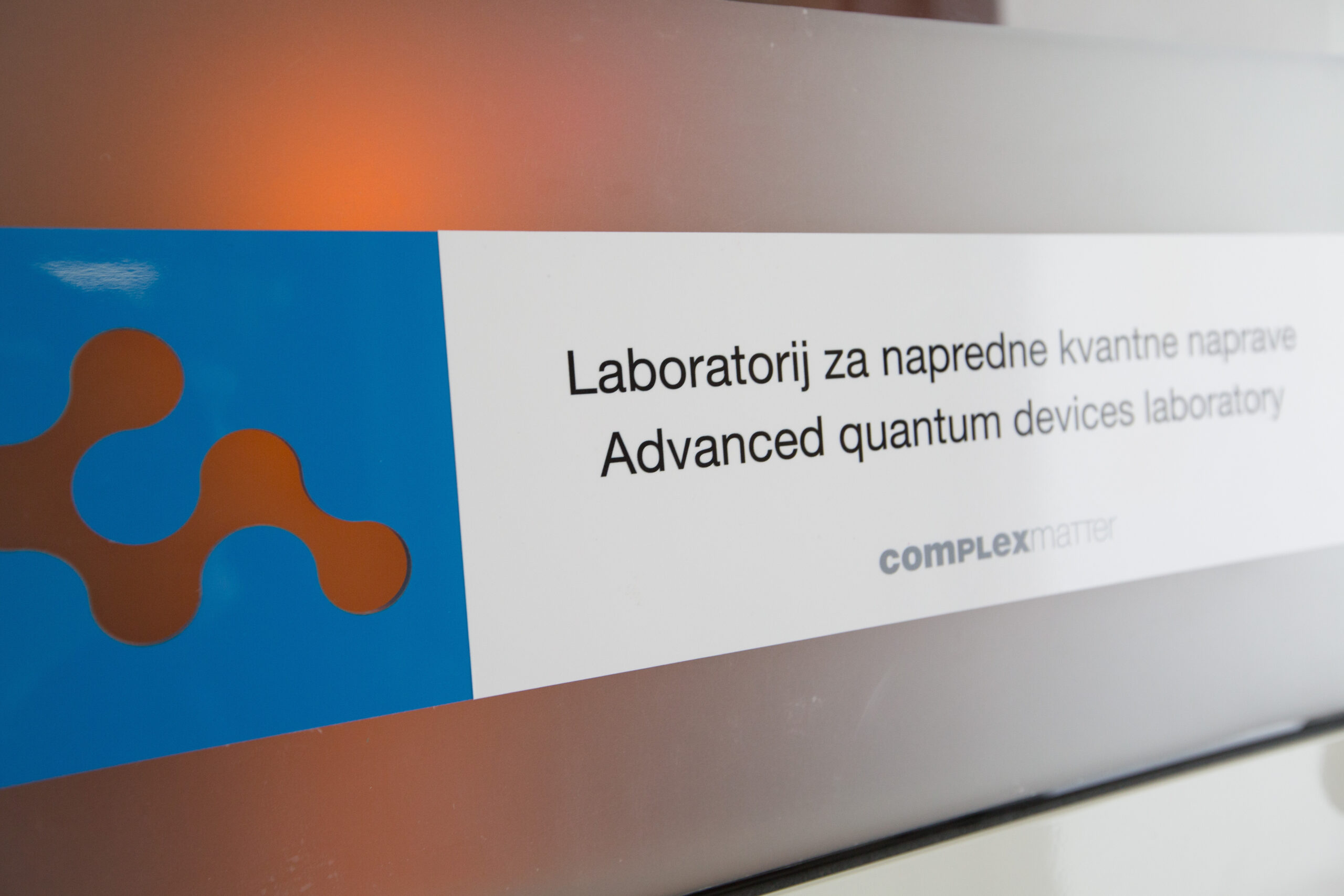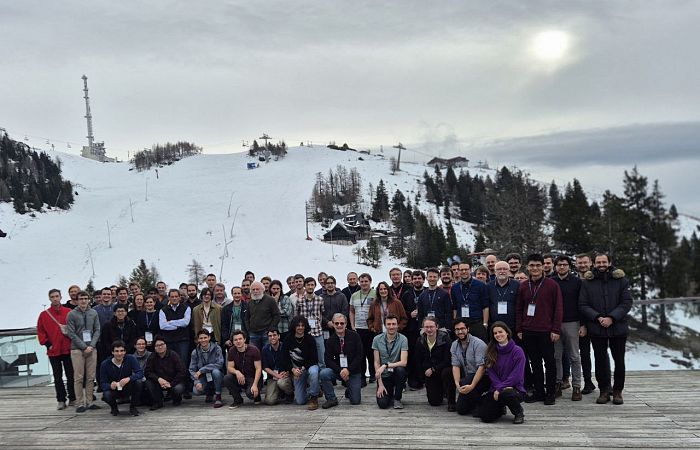The magnetoelectric (ME) effect, discovered in the 1960s, enables engineers to control electric properties with a magnetic field and vice versa. The only known ME materials to date are solid-state multiferroics, which are under intense study and development for applications in revolutionary memory technologies, and spintronic devices.
On the other hand, solid-state piezolelectrics have been exploited in force sensing devices, enabling very high sensitivity to detect small changes, resulting in excellent resolution. While solid ME materials are well-suited to ‘hard’ devices, imagine the ‘flexibility’ – literally and practically – of liquid ME materials. The EU-funded MAGNELIQ project will develop a new liquid material, a ME liquid, and novel sensors that exploit the unique features of such material.
The developed sensors will target a wide range of applications, including but not limited to industrial, transportation, medical ones. Within the project, these sensors will be integrated in advanced robotic and prosthetic hands, acting as demonstrators/test benches for the newly developed technologies.
You can find additional details on the project page.

This project has received funding from the European Union’s Horizon 2020 research and innovation programme under grant agreement No 899285 .

